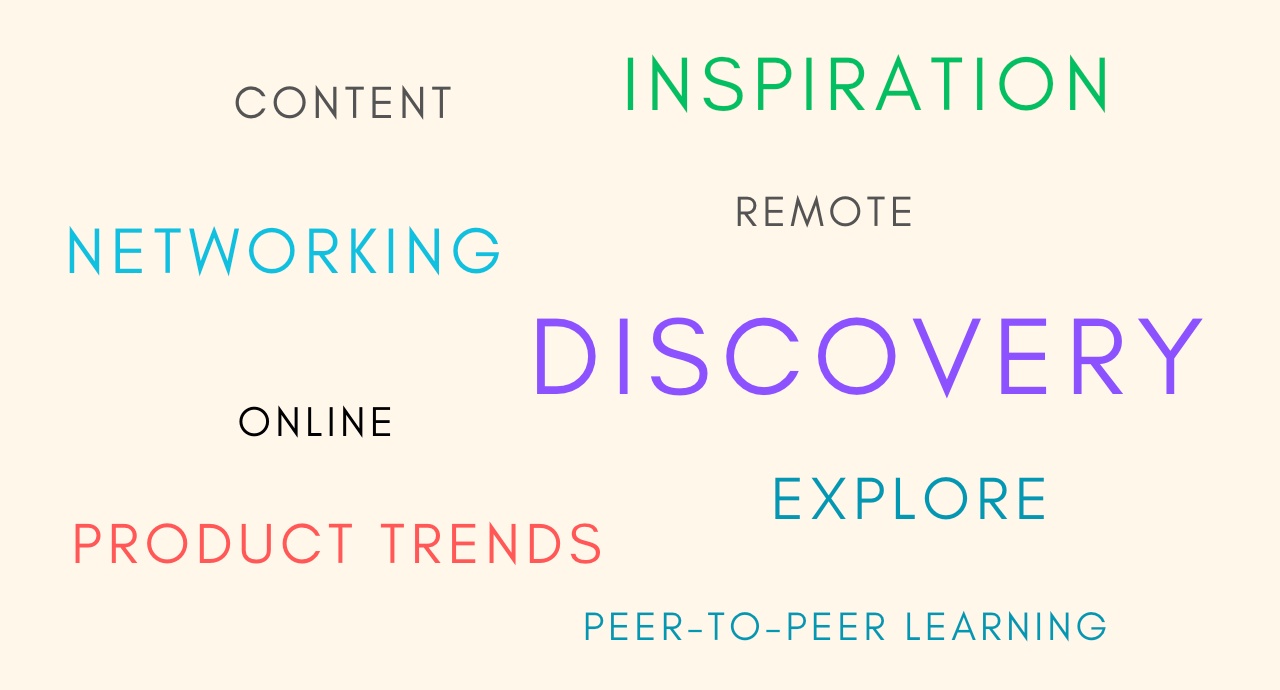Meeting professionals who are looking to make their events more appealing to next-generation attendees might consider making a simple shift: Use words to describe your events that resonate with your target audiences.
Ken Holsinger, Freeman’s senior vice president for strategy, uncovered what he called a “new language of event attendees,” by analyzing more than 100,000 anecdotal responses collected from event attendees in dozens of industries, looking for examples of words that elicit positive and negative reactions.
Among the findings: For respondents in a group that Freeman identified as Next Gen Event Goers, aged 20 to 44, the terms “virtual” and “hybrid” had a negative connotation, compared to positive reactions for the terms “online” or “remote” attendance.
The events industry coined the term “virtual,” but “attendees stayed with, and prefer mainstream terms that have been used for years, like online learning, online training, webinars, and online events,” Holsinger said. “They underscore it with phrases in the response data, like, ‘There is nothing virtual about my participation.’”
For those respondents, “learning” or “content” resonates more than “education,” he said. And importantly, he added, the vocabulary we use for conventions — including exhibits, exhibitors, booths, and the term “trade show” itself — did not generate positive associations. Preferred alternative words and phrases for what happens on the trade-show floor included “product discovery,” “exploration,” and “trends in products.”
When Freeman analyzed requests collected from voice-activated helpdesks and chatbots at events, “we found that the attendees asked most often about the general session or keynote room or the exhibits, but rarely used the terms that the events were using,” Holsinger said. “This was especially prevalent for health-care events that use the term ‘plenary’ — of more than 1,000 requests, only six individuals asked for ‘the plenary.’” Instead, he said, they asked for the main stage and the big room, among more than 60 other terms.
One familiar term that was not only positively ranked but growing in importance is networking, Holsinger said. In the past, the feedback from almost every event was that education was the top priority, but networking now is ranked first, he said. For Gen Z attendees, three of the top five benefits of attending business events are related to social or networking activities.
RELATED: Do You Speak Attendee?
But, Holsinger noted, what younger generations mean by networking is changing. They see networking through a different lens, he said — as collaboration, peer-to-peer learning, and opportunities for meeting with mentors along with traditional benefits like making new contacts and sharing experiences. Words like “discovery” and “inspiration” resonate, he said. On the other hand, the term “matchmaking” elicited some of the most negative reactions, he said. Among them: “That sounds creepy,” and “Why would you use a dating term for events? That makes me uncomfortable.”
The events industry is really good at using terms — like hybrid — that don’t align with attendee experience, Holsinger said. “Nobody will ever attend a hybrid event. We’ll plan them, but [participants] will either attend remotely or they will be there in person,” he said. “They don’t care that we’re [calling] it a hybrid.”
It’s fine to use traditional language like trade show, congress, plenary, and exhibition internally, Holsinger added. But “let’s look to the words that [audiences] want to use. Those will shift. And as marketers, we should shift with them. Listen and note the language of the attendees. This will unlock clear and compelling communication that they will respond easily to.”
Barbara Palmer is deputy editor of Convene.

